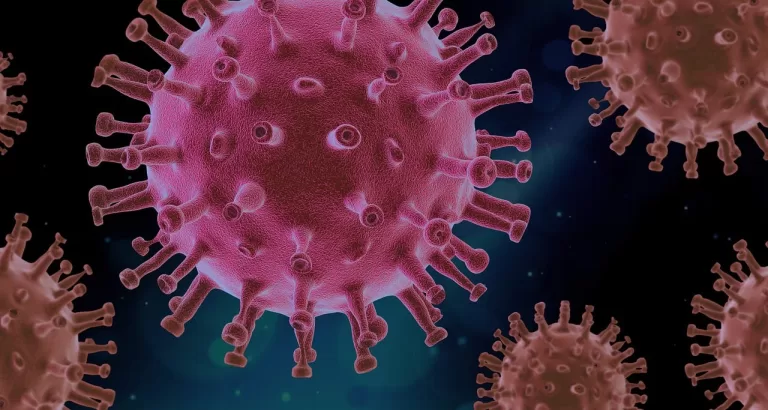Women may mistake fatigue and shortness of breath for COVID-19 symptoms. Six ethnic groups should be cautious of hypothyroidism.

Common symptoms of hypothyroidism include fatigue, weight gain, swelling or puffiness in the body, slow heart rate, elevated cholesterol levels, and anemia.
During the ongoing COVID-19 pandemic, a woman in her 60s with high cholesterol has been taking cholesterol-lowering medication regularly for the past few months but has not been able to control it effectively. She frequently experiences fatigue, a decline in physical strength, and becomes short of breath when walking faster. She suspected a COVID-19 infection, but rapid tests came back negative. Upon seeking medical examination, it was discovered that she had hypothyroidism and mild anemia.
Dr. He Yicheng, the director of the Family Medicine Department at Shu Tian Clinic, explained that the woman exhibited mild edema and paleness in the nail beds during the examination. Blood tests showed a thyroid-stimulating hormone (TSH) level of 7.5 (normal range: 0.4-5 μu/ml) and a hemoglobin level of 11.2 (normal range for women: 12-16 g/dl), indicating hypothyroidism and mild anemia. The anemia test did not indicate an iron deficiency.
Hypothyroidism leads to a decrease in metabolism, resulting in common symptoms such as fatigue, weight gain, slow heart rate, low body temperature, delayed reactions, decreased gastric motility leading to constipation, hair loss, dry skin, elevated lipid levels, or anemia. Dr. He explained that thyroid hormones affect hematopoietic function. When thyroid hormone production decreases due to hypothyroidism, it can lead to anemia. Anemia reduces the oxygen-carrying capacity of the blood, resulting in reduced oxygen supply to body tissues and exacerbating fatigue and shortness of breath during exercise.
There are many causes of acquired hypothyroidism, and high-risk groups should be more cautious. These include individuals who have undergone thyroid surgery or received radioactive iodine treatment, those with autoimmune thyroid diseases, individuals over 60 years of age, women (especially during pregnancy or postpartum), and those with a family history of thyroid-related diseases.
In conclusion, Dr. He reminded individuals with hypothyroidism to maintain a balanced diet, regular sleep patterns, engage in appropriate exercise, and follow medical advice for treatment. Due to the fluctuation of thyroid hormone secretion, regular follow-up visits are necessary even if the values return to normal to monitor any changes in thyroid function that may affect metabolism.
Source: Neowave

